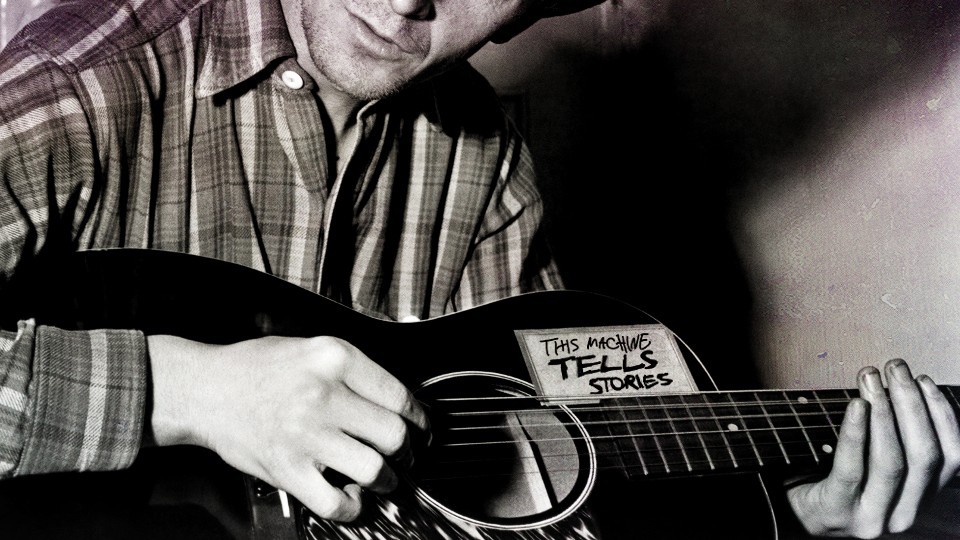Dear Bands: Your Music is Awesome, but Your Marketing Is Terrible
Make people care again
As a musician or a band, the thing you're probably most concerned about is your music. You should be. Write great tracks, find a distinguished sound, file and refine it, record the songs. Awesome. Now how to get people to listen to them?
Of course, you play live. But how to get people to come to your concerts?
On Communication
OK, you got it. You have to do some kind of marketing if you want to get out of your basement. If you think the music industry with its traditional record labels stinks, there are platforms you can work with: Bandcamp, Myspace, Youtube, Facebook, and on. This kind of dispersion has never been easier.
To keep track of, maintain, update, and curate all these platforms, along with maybe a nice website* where you post everything all over again is cumbersome. Chances are you won't find time to do all that properly.
And just because you have some kind of output, that doesn't mean you're doing marketing yet. It just means you throw something out there, hoping it magically finds an audience itself.
The Times, They Are A-Changin'
Part of the problem is that the way we consume music has changed. A couple of years ago, music was much more of a distinguishing factor for personalities. It was an identifier. You had to actively seek out the music that you were interested in, be it hardcore punk, tin pan alley blues, underground techno, or socio-critical hip hop. Depending on how eclectic or unusual your taste was, you had to go great lengths to keep up-to-date in your scene. That was part of the fun, part of the specific knowledge and insight, part of what made you the person you were. You spent time doing research, and once you paid 15 quid for an album, you enjoyed it with a sublime kind of appreciation. A while ago, you could still make a point in saying: "I like psychedelic rock."
But that has changed. By way of better, more efficient channels, we have almost all the music in the world at our fingertips. One result of this is that we listen to a much broader range of music. It has become easier to filter for the good stuff by being interconnected, but it has also become harder to really find the raw diamonds, the hidden treasures, the stuff that really matters to you, because we're flooded with consumer goods. There's too much to read, too much to play, too much to watch, and too much to listen to. So how can you make your music stand out and make sure it reaches your audience?
Make People Care
I'm aware that there is no easy or single true answer for this question. But one answer would be: tell stories. Enough of social media already! They do a couple of things really well, like sharing the stuff you produce and tracking popularity, but they do not engage your audience emotionally. They do not make you stick out of the bunch. They do not tell your audience why they should care. A good story does that. And if there's no story behind your music, it's probably not worth a damn.
True, there are also infinite ways of telling a story, and you have to find the one that fits you best. Consider. Think about what your music means to you and how you feel about it. Then, write it down. Get it out of your head. Hell, once you have a story, share it with social media. But tell a story.
Of course, this implies an investment if some sort. Anything that is aimed at creating revenue does. But there are people to help you. And you don't necessarily need a big budget.
Just think of Robert Johnson who created his reputation by claiming that he sold his soul to the devil to become the best blues guitar player of his time.
For inspiration, have a look at these bands telling very different stories:
Sigur Ros
Jack White with Third Man Records
Arcade Fire
Daft Punk
Or, even better, ask us about our new project, "Novella".
Think about why you're playing music. You want to move people, isn't that it? A good story does exactly that. So find out what your story is, find a medium to tell it in, if possible engage your fans, and tell it. Create the emotional identifier that has gone missing with the evolution of the music business.
The last step, the spreading of the story, is almost a piece of cake.


